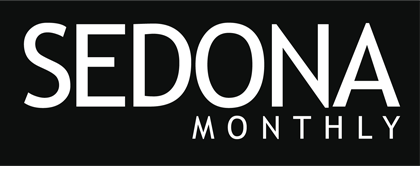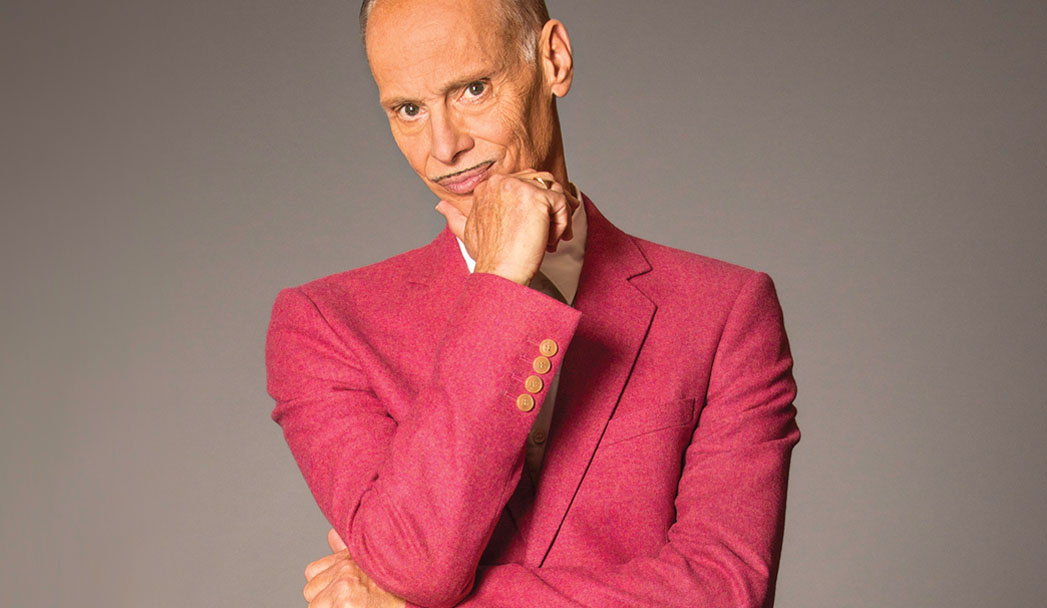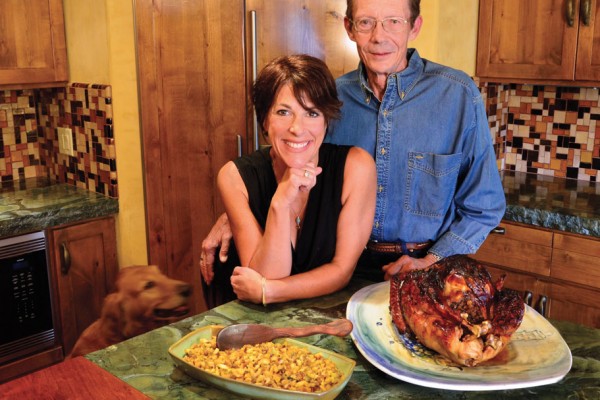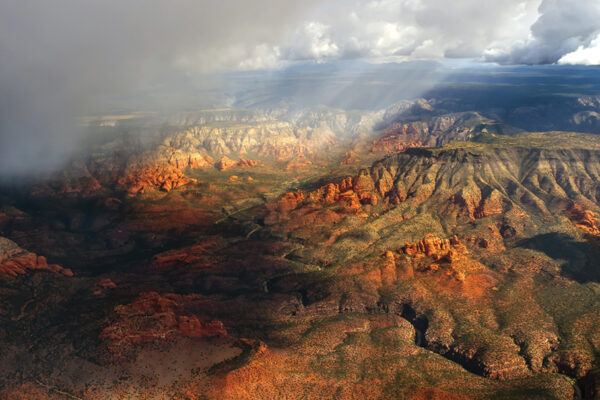John Waters
Writer, director, actor and producer John Waters has several nicknames, including Pope of Trash and Prince of Puke, but that hasn’t stopped him for becoming a household name. Waters gained notoriety with 1972’s Pink Flamingos, described as a “deliberate exercise in ultra-bad taste,” starring infamous drag queen Divine. He would go on to make cult classics such as Hairspray (1988) starring Ricki Lake and Cry-Baby (1990) with Johnny Depp. Waters will present his one-man show, The Filthy World, on Feb. 28 at the Sedona Performing Arts Center. It will be his first visit to Sedona.
Sedona Monthly: You will be performing your one-man show, The Filthy World, at the Sedona Film Festival. What can our audiences expect?
Well, I’m getting ready to go to London to do the London version, so maybe I’ll do an Arizona version when I come to Sedona. The show is a 70-minute monologue that I do with no notes. It’s about how to be a happy, neurotic talent – how to not care and realize how privileged you are. It’s about crime, fashion, movies, amusement parks, magazines, the press – everything. It’s kind of silly. It’s about what shocks me, what my limits are and generally how to have a nice life if you’re already crazy. It’s completely different from the version that came out on DVD.
You are receiving a lifetime achievement award here in Sedona.
I just received one at Lincoln Center. It’s like being at your own funeral. It was exciting because usually you have to be dead to get these awards, and I’m still working. But when I come out on stage when I’m doing my show, I get a standing ovation, and that’s because I’m old. I don’t say anything, but I get an ovation just because I made it from the airport.
You started making films in the 60s, and your movies were quite controversial through the 1970s. Are any filmmakers pushing the limits nowadays?
Well, I did a film a few years ago that got an NC-17 rating, so I’ve been battling censorship all along. I haven’t changed that much. There are still filmmakers pushing the limits, though I don’t think I’m necessarily the reason for it. There are some great filmmakers in Europe. My influence has been $75-million gross-out Hollywood comedies, which is something I never thought would happen.
Given the films you made, does it surprise you that you have become a household name? If you were starting out today, do you think you would still be able to achieve that level of notoriety?
It would be in a different way. Pink Flamingos took three or four years to play all over America, and that would never happen today. But the studios are looking for the next kid especially with Netflix and video on demand. It’s changing as radically as when talkies came out.
What’s your favorite memory from making Pink Flamingos?
I went up recently to where it was filmed, and it’s now completely suburbia. Now it’s the lawn of a McMansion. But there’s still something weird there. I went up to knock on the door and tell them it was an ancient Indian burial ground, but no one was home. Maybe I was lucky.
You’ve said Pink Flamingos isn’t your best film, so why is it the film for which you’ll be remembered? What is your best film?
I say it’s the most notorious film, but is it my best? I don’t know. I think my best film with Divine was Female Trouble, and I think Serial Mom might be the best, but I like all of them. Usually when someone asks, I pick one that didn’t do as well at the box office because maybe it’s one people haven’t seen. I think I’ll be equally remembered for Hairspray. In my obituary, which one will come first? I don’t know. It depends on what I still do. I would say Pink Flamingos will come first because it’s an easy way to write the narrative of my tale. I’m proud of Pink Flamingos. It cost $10,000. I didn’t know what I was doing. I believe, in a way, that technique is nothing more than stale style. If you liked Pink Flamingos, you said it was raw. If you didn’t, you said it was amateur. That means the same thing. I think it’s stood the test of time because it still pushes peoples buttons. I speak at colleges all the time – my audiences get younger. It still has a punch to it. I see online people have parties where they dress as the characters. It has legs.
Divine passed away just weeks after Hairspray premiered. How did his passing affect your subsequent movies?
I don’t think I ever worked with a drag queen again. No one can be compared to Divine because he was incomparable. I went from Divine to Johnny Depp [laughs]. I wrote parts for Divine, but I also wrote parts for Mink Stole. It was like an acting troupe. Ever since Desperate Living, I realized it wasn’t good to write parts for people anymore because they might not be able to do it.
What was it like working with Johnny Depp?
We’re still friends. He kept saying, ‘I can’t believe you got me a million dollars.’
How have your films evolved over your career?
I think all of my movies are the same. I think Hairspray and Pink Flamingos are the same. They are all about taking a trait that people look down upon and turning it into a style. All my characters win. I don’t think my films are ever mean spirited – I make fun of things I love. You haven’t seen me parody a romantic comedy.
Do you still consider yourself an independent filmmaker?
I consider myself a writer. I haven’t made a film in 10 years. I may not. My last book was a bestseller. I write my movies. I write my books. I write my spoken-word show. I’m a storyteller. It doesn’t matter which way I tell the story – it’s all the same to me.
You haven’t directed a film since 2004. Why not?
Because no one wants to give me the money. They want you to make a film for $1 million now – ever since the recession. I routinely made comedies that cost $6 to $7 million. There’s no such thing as that now. I haven’t given up. My last movie flopped and my last book didn’t. You tend to stay in the field that does the best. But I had two meetings yesterday about a TV show, so we’ll see.
What’s the last movie you watched?
The last movie that I watched… let me look at my movie diary. It was Citizenfour, which I liked very much. It’s a documentary about Edward Snowden. It was quite good. Before that it was Gregg Araki’s film, White Bird in a Blizzard.




